BCAAs (branched-chain amino acids) are three essential amino acids, leucine, isoleucine, and valine, which the body can't synthesise and needs from BCAA supplements and diet. They are vital for muscle growth, health, and recovery. These amino acids share a similar chemical structure and, together, support exercise performance, energy production, and skeletal muscle protein synthesis.
BCAA supplementation eases muscle soreness, improves muscle mass, reduces fatigue, and ensures quick post-workout recovery. Welzo offers BCAA supplements by renowned international brands such as Evlution, AllNutrition, BiotechUSA, Nutrend, SciTec, MyProtein, Trec Nutrition, and Lambert's. Please visit our page and select the supplement that suits you.
What are the main features and uses of BCAA drinks, tablets, and powders?
-
Adding BCAAs to your balanced diet improves muscular repair, enhances athletic performance, boosts endurance and resistance training, and reduces fatigue after strenuous exercise.
-
These supplements come as easy-to-use, ready-to-drink beverages, tablets, and powders.
-
They are highly convenient and flexible to use. They complement a pre-workout regimen by enhancing power and strength.
-
These sports nutrition supplements support immune health and reduce markers of muscle damage.
-
They are gluten-free, versatile, and absorb quickly, making them perfect for both pre- and post-workout use.
-
The BCAA tablets are very easy to use and do not require mixing. There are also ready-to-drink BCAA shakes for quick recovery and hydration.
What are the best BCAA supplements?
This collection is too vast to summarise in a section. This collection has protein powders, shakes, energy drinks, caps, etc, in various flavors. The leading products with their customer reviews are;
-
BioTechUSA BCAA + Glutamine Zero
-
Allnutrition BCAA Max Aid
-
Nutrend BCAA 4:1:1 Powder
-
Rule One Essential Amino 9 Amino Acid
-
Lamberts BCAA - Branch Chain Amino Acids
-
Dorian Yates HIT BCAA 4:1:1 + Glutamine
There are many more, so keep visiting this collection to find the protein supplements you're looking for to enhance your muscular strength.
Why choose BCAA tablets, powders, and drinks from Welzo?
Adding BCAAs to the diet boosts training and supports muscle tissue. They pair well with our other collections, such as muscle pump supplements, protein bars, and protein shakes, and enhance blood flow to the muscles during workouts & endurance exercises. If you are still curious, our blog titled 'The 15 Best Protein Powders for Women' can help.
Welzo offers vegan and plant-based protein powders and muscle gainers and has a wide range of sports supplements to optimise your performance.
How to use BCAAs supplements, powders, and tablets?
Each supplement has different usage instructions. For example,
-
BCAA drinks: BCAA drinks must be sipped before, during, or after a workout to support muscle recovery and keep the body hydrated.
-
BCAA Tablets: BCAA tablets must be swallowed at least 30 minutes before a workout, or they should he used as directed on the label.
-
BCAA powders: We advise mixing them with beverages or water and using them within 30 minutes of your workout.
-
BCAA capsules: They should be used pre- or post-workout at the recommended serving size.
Quality and certifications
-
Welzo Medical/Nutritional Board scientifically tests all ingredients and end-products in this collection and lists them as 'expert verified'.
-
We require our suppliers to meet HACCP, ISO, and GMO guidelines.
-
The finished products are tested in the third-party UKAS-accredited labs.
-
These sports supplements are organic-certified, NSF-certified for sports, Informed Choice-certified, and approved by the Vegan Society.
Why has Welzo chosen BCAA Powders, Tablets & Drinks (Branch Chain Amino Acids)?
Welzo has selected BCAA drinks, powders, and tablets for their proven ability to reduce workout fatigue and support muscular recovery. They are in high demand among fitness enthusiasts for their fitness-focused features. They promise targeted, rapid amino acid support, whether you need a sustained energy source during a workout, an on-the-go convenience, or a quick-absorbing amino acids formula.
Why choose BCAA products from Welzo?
Welzo has selected only the clinically screened formulas with a transparent ingredient profile. They are free from hidden fillers. We focus on quality-tested, trusted BCAA supplements and promise expert-backed guidance for our clients. We also ensure the quick delivery of supplements/ medicines throughout the UK.
Reviews and clinical insight
BCAA supplements have research backing and clinical insight.
-
Leucine: A systematic review in 2023 confirmed that l-leucine uses the mTOR pathway to activate protein synthesis and reduce central fatigue.
-
Isoleucine: A 2016 study found that isoleucine increases muscle glucose uptake, thereby improving post-workout recovery.
-
Valine: A 2021 clinical study demonstrated that valine reduces exercise-induced fatigue and competes with tryptophan for brain uptake. It also enhances immune system health.
Both users and sports trainers appreciate our BCAA supplements.
Adam L., a Welzo customer, has reviewed Allnutrition BCAA Max Aid as;
"Ordered this morning and it arrived before lunch, superb speed. I was surprised how quickly it turned up and it’s already sitting ready for my workout. Definitely top marks for how fast it arrived."
Dave C., another Welzo customer, has the following review of Nutrend BCAA 4:1:1 Powder;
"Taking this BCAA powder feels convenient for my workouts and recovery. Mixes well, no strong aftertaste, and I’ve kept up my routine without any fuss. Seems good quality so far, no stomach issues."
Dr Muhammad Zeeshan, a pathologist, has commented about BCAA supplements as;
"Welzo BCAA supplements are fantastic from start to finish. They are really helpful and responsive throughout the recobery process."
FAQs
What are the main functions of BCAAs?
BCAA supplements support muscle growth, reduce fatigue, ease muscle soreness, prevent muscle wasting, and improve appetite. These essential amino acids are the building blocks for proteins.
What are the main branched-chain amino acids (BCAAs)?
The branched-chain amino acids (BCAAs) include valine, isoleucine, and leucine. They are essential for the body because it can't synthesise them.
Are BCAAs safe to use daily?
Regular use of BCAAs at a dose rate of 4-20 g daily is safe for healthy people. They are beneficial to use even on rest days.
Which is better? Creatine or BCAAs?
Both amino acids are necessary for the body, and neither of them is superior to the other. Weightlifters select creatine to improve power and strength, while athletes select BCAAs for quick recovery.






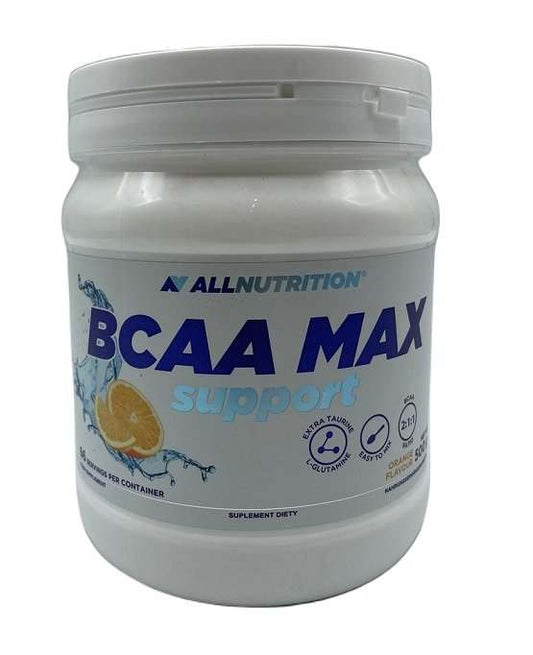

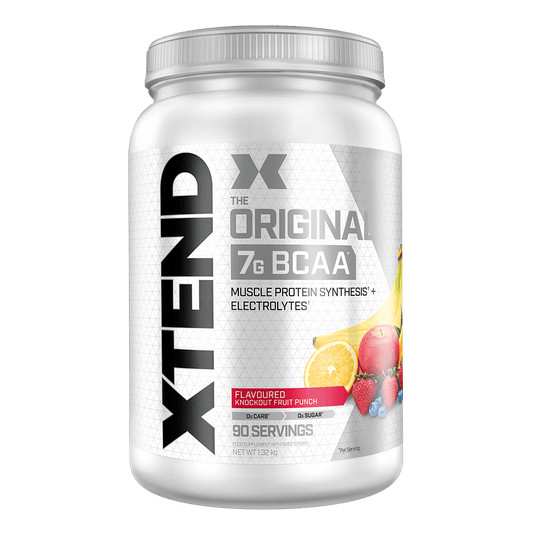



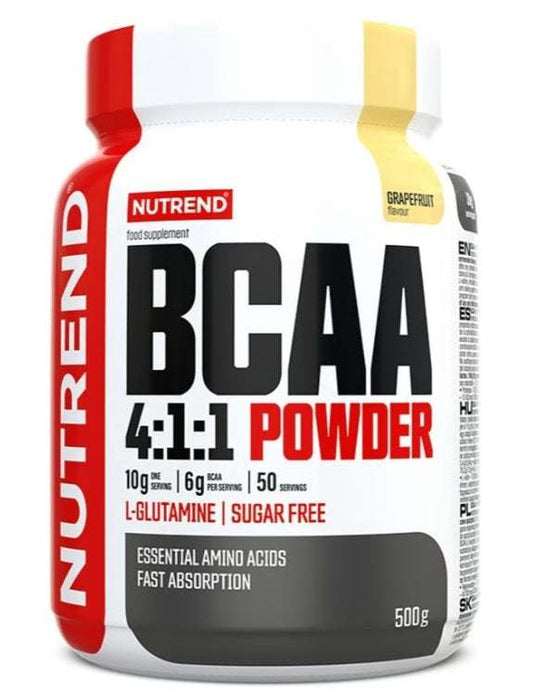










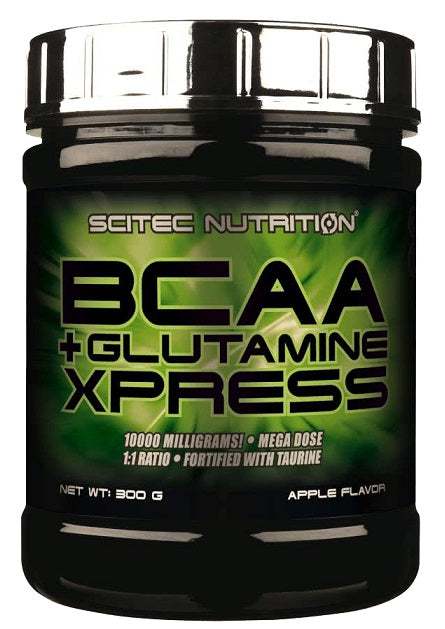








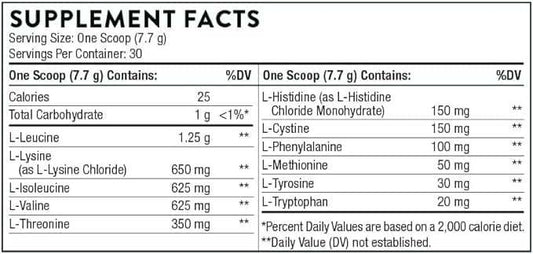




 Rated Excellent by 26,523+ Reviews
Rated Excellent by 26,523+ Reviews